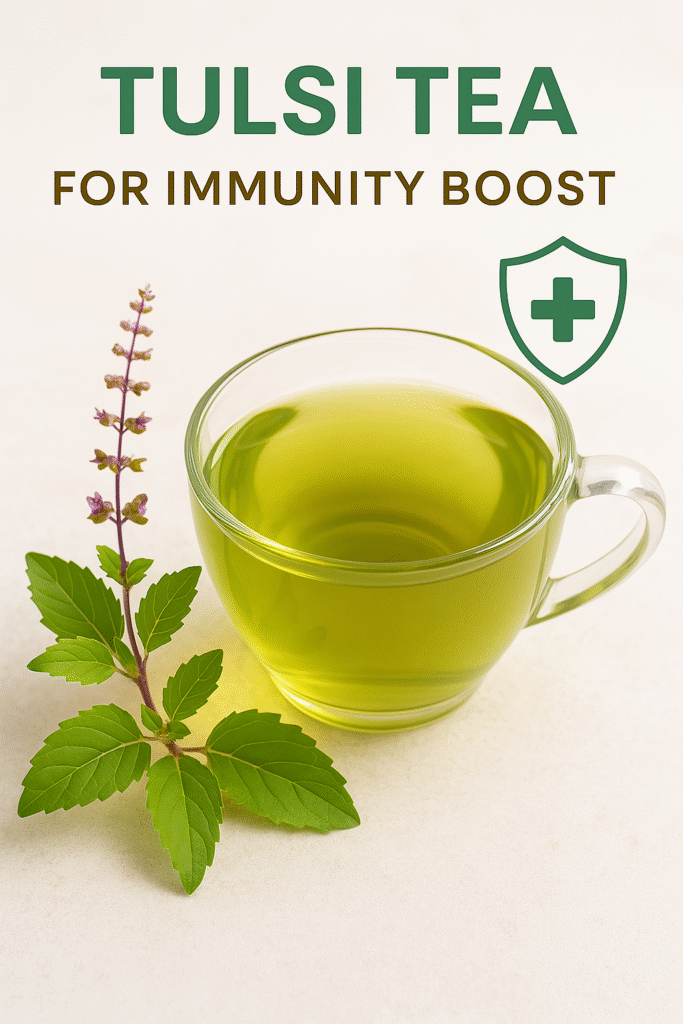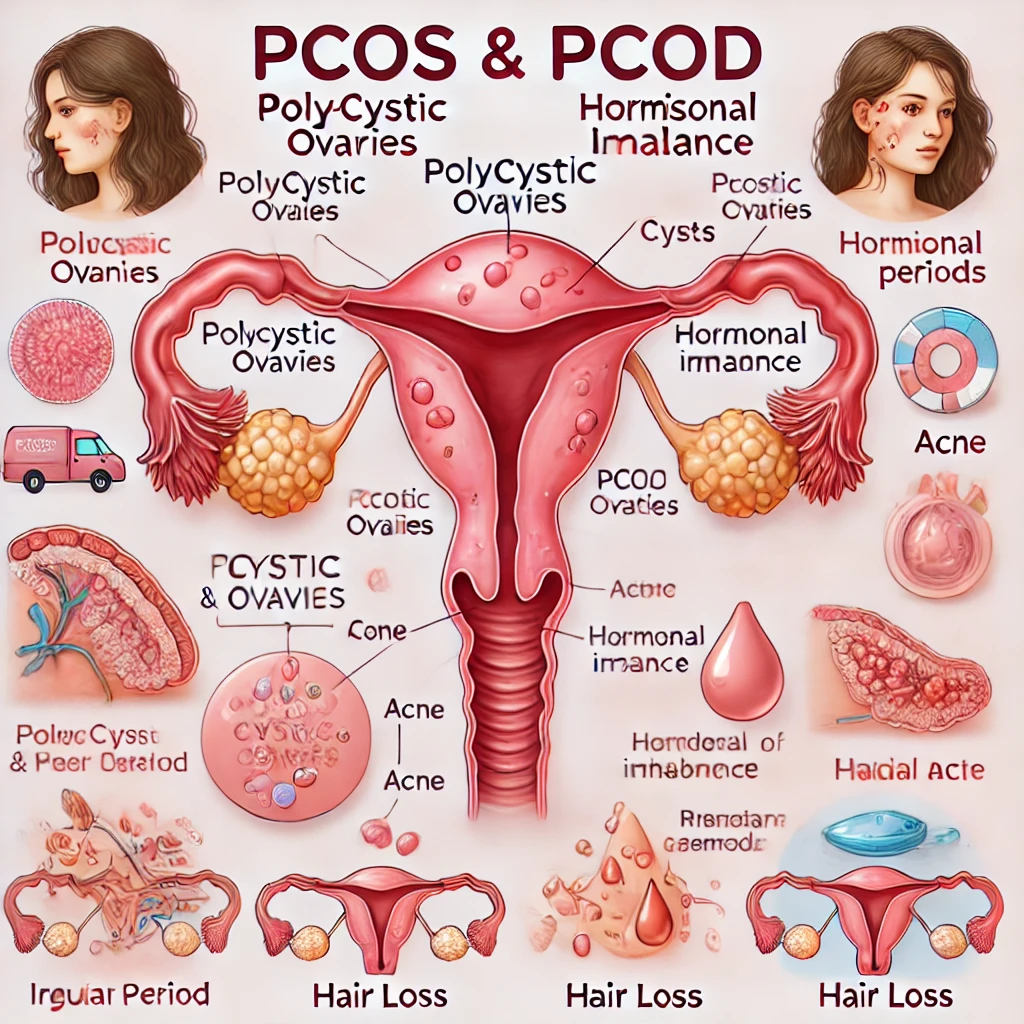Imagine this: You’re feeling sluggish, weighed down by the daily grind, and your energy levels are at an all-time low. Wouldn’t it be wonderful if there was a simple, natural way to refresh your mind and body? That’s where herbal tea for detox and cleansing steps in—an age-old tradition that’s capturing modern hearts across the globe.

we’ll explore the science and soul behind herbal teas for detox and cleansing, uncover their powerful benefits, and discuss how to make the most of these natural brews. Ready to unlock the magic in your cup?
What Makes Herbal Tea for Detox and Cleansing So Powerful?
Herbal teas have been used for centuries to support overall well-being. But what makes them so effective for detox and cleansing?
At their core, herbal teas are blends of leaves, flowers, seeds, or roots that have natural therapeutic properties. When steeped, these botanical elements release bioactive compounds—like antioxidants, polyphenols, and essential oils—that can help:
✅ Flush out toxins
✅ Support digestion
✅ Enhance liver function
✅ Promote healthy skin
✅ Boost immunity
This makes them a perfect choice for anyone seeking a natural reset in a world that’s becoming increasingly fast-paced and toxic.
The Benefits of Herbal Tea for Detox and Cleansing
Let’s break down how herbal tea for detox and cleansing can transform your wellness routine:
1️⃣ Cleansing the Body Naturally
Key Takeaway: Herbal teas are rich in compounds that support the body’s natural detox pathways.
- Dandelion Root Tea: Traditionally used for liver health, it may support bile production to help flush out toxins.
- Green Tea: Packed with catechins—antioxidants that may enhance liver and kidney function.
- Ginger Tea: Its warming properties can promote circulation and aid digestion.
Data Spotlight:
A study in the Journal of Herbal Medicine found that dandelion root extract increased antioxidant activity in the liver, which may support natural detoxification. (Study)
2️⃣ Supporting Digestive Health
Why it matters: A healthy gut is essential for detoxification. Herbal teas can soothe the digestive tract and encourage better nutrient absorption.
- Peppermint Tea: Eases bloating and discomfort.
- Fennel Tea: Traditionally used to calm the stomach and reduce gas.
- Chamomile Tea: Gentle and calming—perfect after a heavy meal.
3️⃣ Enhancing Skin Clarity
Did you know? Clear skin often starts from within. By helping your body eliminate waste and improve hydration, herbal teas can support that coveted healthy glow.
- Nettle Tea: Traditionally known for skin-clarifying benefits.
- Rooibos Tea: Rich in alpha hydroxy acid and zinc, which can be great for the skin.
4️⃣ Boosting Immunity and Vitality
A well-functioning immune system is crucial for overall wellness. Many herbal teas—like elderberry, tulsi (holy basil), and echinacea—are known for their immune-boosting properties.
- Holy Basil (Tulsi): Adaptogenic, helps the body adapt to stress.
- Echinacea Tea: Widely used for supporting the immune system.
Tip: Combining herbal teas with nutrient-rich foods—like citrus fruits, leafy greens, and nuts—can create a powerful synergy for immunity and vitality.

How Does Herbal Tea for Detox and Cleansing Work? (Technical Insights)
Herbal teas work on multiple levels:
- Bioactive Compounds: Herbal teas contain flavonoids, tannins, and alkaloids, which have antioxidant and anti-inflammatory properties.
- Diuretic Action: Certain herbs (e.g., dandelion, parsley) have a mild diuretic effect, promoting kidney function and flushing out waste.
- Liver Support: Many herbs stimulate phase II liver detox enzymes—essential for neutralizing toxins.
- Gut Health: Herbal infusions can soothe gut lining and modulate the microbiome, improving digestion and detox capacity.
Rhetorical Question:
Ever wondered why ancient cultures turned to herbs long before modern detox supplements? It’s because these natural remedies work with your body’s own rhythms—no gimmicks, just pure plant power.
A Global Tradition, A Modern Revival
Across cultures, herbal teas have deep roots:
- Traditional Chinese Medicine (TCM): Uses herbal infusions for balancing “qi” (life energy).
- Ayurveda: Focuses on detoxifying herbs like tulsi and ashwagandha to balance the doshas.
- Western Herbalism: Incorporates native plants like milk thistle and burdock root for liver support.
These global traditions are finding new fans worldwide—especially in wellness circles seeking natural, plant-based solutions.
Risks and Ethical Concerns
While herbal teas are generally safe, it’s essential to use them mindfully:
Potential Risks:
- Overconsumption: Herbal teas are potent; excessive intake can strain the liver or kidneys.
- Drug Interactions: Certain herbs (e.g., licorice root) can interact with medications like blood pressure drugs.
- Quality Issues: Some teas may contain pesticide residues or heavy metals if not sourced sustainably.
Ethical Considerations:
- Sustainable Sourcing: Overharvesting of wild herbs can threaten biodiversity.
- Regulation Gaps: Unlike pharmaceuticals, herbal teas often lack stringent safety testing and regulation in many regions.
Example Case Study:
A 2021 report by the World Health Organization highlighted concerns about heavy metal contamination in herbal teas sold in informal markets. This underscores the importance of buying from reputable sources and checking certifications like USDA Organic or Fair Trade.


Future Applications and Trends
The future of herbal teas is brimming with innovation:
- 🌿 Functional Blends: Modern herbal teas combine adaptogens (like ashwagandha) with traditional detox herbs for tailored wellness.
- 🌿 Personalized Teas: AI-powered tools and DNA testing kits help create custom blends based on genetic profiles.
- 🌿 Ready-to-Drink Formats: Pre-packaged herbal elixirs for busy lifestyles.
- 🌿 Herbal Tea Supplements: Capsules or concentrates that capture the benefits of herbal infusions in convenient forms.
Market Insight:
According to a 2024 report by Grand View Research, the global herbal tea market is projected to reach $7.2 billion by 2028, driven by rising demand for natural wellness solutions.
Global Solutions and Best Practices
Balancing tradition, innovation, and sustainability is key. Here’s how:
✅ Transparency & Lab Testing: Brands should provide lab reports showing pesticide and heavy metal testing.
✅ Sustainable Sourcing: Supporting organic and ethically harvested herbs.
✅ Regulatory Compliance: Compliance with global regulations like GDPR (for online health data privacy) and the Digital Personal Data Protection Act (DPDP Act) ensures consumer trust.
✅ Consumer Education: Empowering users with clear, honest information about herbal tea risks and benefits.
Callout Box:
💡 Pro Tip: When shopping for herbal teas, look for certified organic labels and sustainable certifications to ensure quality and ethics.


FAQs About Herbal Tea for Detox and Cleansing
1️⃣ Is herbal tea safe for daily detox?
Yes, in moderation! Most herbal teas can be safely enjoyed daily. Just be mindful of potency and possible interactions with medications.
2️⃣ Can herbal teas help with weight loss?
Some herbal teas, like green tea and dandelion, may support weight management by boosting metabolism and digestion. However, they’re not a magic bullet—pair them with healthy eating and exercise.
3️⃣ Which herbs are best for detox?
Top picks:
- Dandelion root
- Milk thistle
- Ginger
- Nettle
- Burdock root
4️⃣ Do herbal teas work instantly?
No! Detoxification is a gradual process. Consistent use of herbal teas over time can help support your body’s natural cleansing.
5️⃣ Can I combine herbal teas?
Absolutely. Many blends combine complementary herbs for enhanced benefits. Just avoid overdoing it—more isn’t always better!
Conclusion: Unlocking the Magic of Herbal Teas
The magic of herbal tea for detox and cleansing lies not just in ancient tradition, but in its science-backed benefits and soul-soothing rituals. In a world that’s increasingly digital and fast-paced, taking a few mindful minutes to sip herbal tea can be a small but powerful act of self-care.
So, what are your thoughts on the power of herbal teas? Have you tried a detox blend that worked wonders for you?
👉 Share your stories and tips in the comments below!
Reference:
🔗 Read the WHO’s report on herbal tea safety: WHO Herbal Tea Report
Ready to Stay Ahead? Bookmark our guide Technology and AI for updates!


